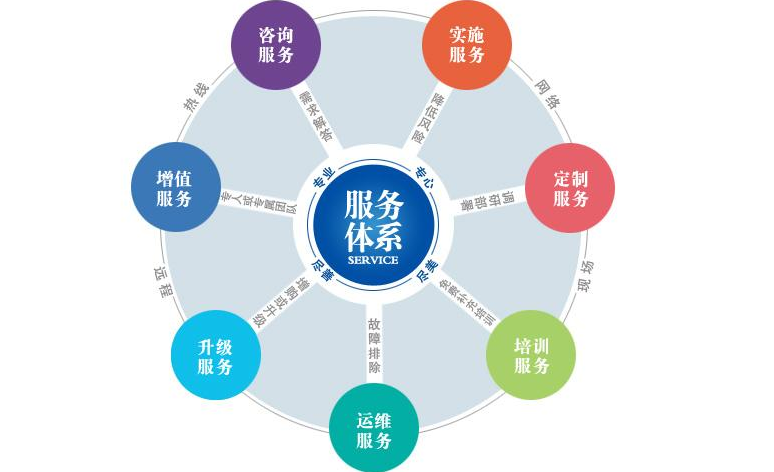英語多少歲怎么說(英語中“多少歲”怎么說?)
“How old are you?” A simple question that we often hear or ask in daily conversations. This article aims to explore the different ways of expressing this question in the English language, providing a comprehensive understanding of the variations and nuances involved.
Summary:
In this article, we will delve into four aspects of how to say "how old are you?" in English. Firstly, we will examine the straightforward and commonly used expression. Secondly, we will explore different ways to phrase the question politely. Thirdly, we will discuss variations used for children and infants. Lastly, we will explore cultural differences in expressing age.

The simplest and most commonly used way to ask someone's age in English is by saying "How old are you?". This expression is straightforward and widely understood by English speakers of all backgrounds. It is a neutral and direct way to inquire about someone's age. By using this phrase, you can expect a direct response stating the inpidual's exact age.

For example, if you encounter someone new and want to know their age, you can simply ask, "Excuse me, how old are you?" This direct approach allows for clear communication and eliminates any potential confusion regarding the intended question.Despite its simplicity, this expression respects the privacy of the person being questioned while satisfying our curiosity.

In certain situations, a more polite or formal approach may be preferred when asking someone's age. This can be particularly relevant when addressing someone older or in a more formal setting. Here are a few examples of polite expressions commonly used:
1. "May I ask how old you are?": This phrase adds a level of politeness by asking for permission to pose the question. It shows respect and acknowledges the sensitive nature of discussing age.
2. "Would you mind sharing your age?": This expression further emphasizes politeness by seeking the other person's willingness to disclose their age. The use of "mind" effectively conveys the desire not to intrude or offend.
3. "Could you tell me how old you are?": By using "could" rather than "can" or "may," this sentence maintains a sense of politeness while allowing for an indirect request to learn the person's age.
When inquiring about the age of children or infants, English speakers often use specific variations to convey the question effectively. These variations take into account the developmental stages of children and the possibility of expressing age in months or even weeks.
1. "How old is your child?": This expression is commonly used when asking about the age of someone's child. It is a neutral and straightforward question that can be used regardless of the child's gender or age.
2. "What's your baby's age?": This phrase is used when inquiring about an infant's age. It acknowledges the baby's age as an essential aspect of their development and care.
3. "Is your child turning one year old soon?": This question takes into account the child's upcoming birthday and inquires about their age as they reach a significant milestone.
Expressing age can vary across different cultures. Understanding cultural differences when discussing age is important to avoid misunderstandings or potential offense.
In some cultures, asking about age is seen as impolite or intrusive, particularly among older inpiduals. In these cases, it is advisable to exercise sensitivity and avoid directly asking about someone's age unless explicitly offered or necessary.
Conversely, in Western cultures, asking someone's age is generally considered acceptable in most social contexts. It is common to celebrate milestones such as turning 21, 30, or 50, which are often regarded as significant birthdays requiring special attention.
It is crucial to be aware of these cultural differences to ensure effective and respectful communication when discussing age in English.
In conclusion, the question "How old are you?" can be expressed in various ways in English, depending on the context and level of formality desired. From the straightforward and common expression to more polite variations for addressing someone older or in a formal setting, English offers flexibility in asking about age. Additionally, specific variations are used for inquiring about the age of children and infants. Understanding cultural differences is essential when discussing age, as practices and taboos vary across different cultures. By considering these linguistic and cultural aspects, effective and respectful communication can be achieved when inquiring about someone's age in the English language.
- 1艾菲特保險柜怎么開鎖(艾菲特保險柜解鎖技巧)
- 2DESSMANN指紋鎖售后客服電話-400全國免費咨詢熱線(DESSMANN指紋鎖售后客服電話-4
- 3canon復印機維修代碼(Canon復印機維修代碼指南)
- 4液晶電視白屏故障圖解(液晶電視白屏故障:一圖了解解決方案)
- 5西屋空氣能售后服務官網熱線(西屋空調售后官網熱線服務專線)
- 6Tata防盜門400電話(400電話:Tata防盜門的服務熱線)
- 7BLACKSAILS智能鎖售后客服(BLACKSAILS智能鎖售后客服達人)
- 811300高頻頭能收什么臺(11300高頻頭臺收臺及所在頻段概述)
- 9盾安空調維修服務部(如何選擇合適的盾安空調維修服務部?這個標題提出了一
- 10大金廠家24小時服務熱線官網(大金空調制熱不好是什么原因大金空調制熱效果差
-
APC空調售后故障報修中心(如何有效地聯系APC空調售后故障報修中心以解決空調
2024-08-27
-
CAROSS空調廠家服務中心(如何聯系CAROSS空調廠家服務中心以獲取維修或技術支持
2024-08-26
-
TECKA空調廠家移機電話號碼是多少(如何獲取TECKA空調廠家的移機服務電話號碼?
2024-08-26
-
GRAD空調售后維修網點地址(如何找到GRAD空調售后維修網點的地址?)
2024-08-26


